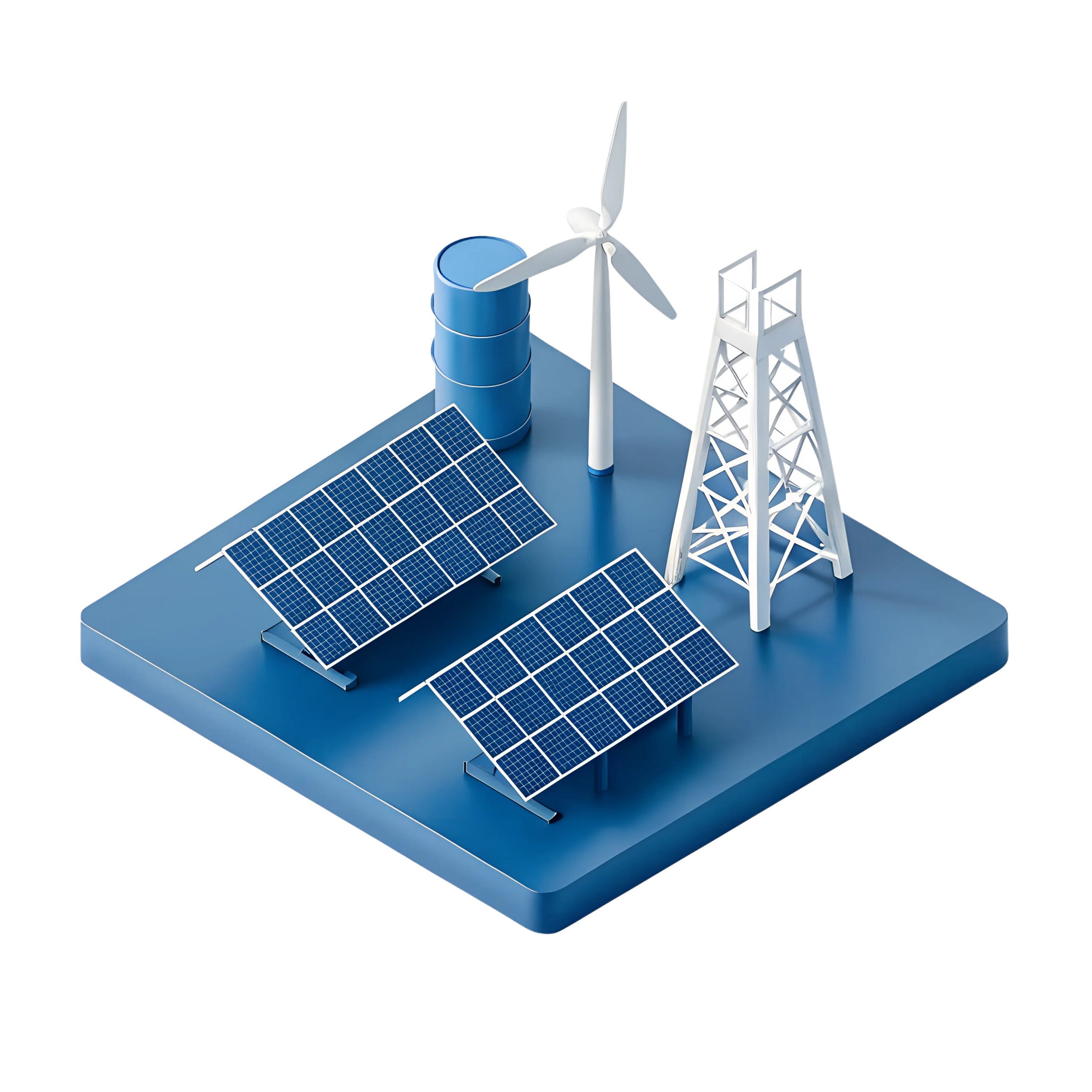Industries
Energy
Manage technical knowledge and skills for sustainable energy production.

Key Needs
🔶 Achieving full compliance with technical personnel qualification requirements from regulatory bodies such as EPDK, TEİAŞ, and TEDAŞ.
🔶 Assigning the right individuals to specialized positions in power plants, wind farms, and solar energy facilities.
🔶 Monitoring occupational safety and environmental awareness training in high-risk operational zones.
🔶 Preparing and assessing technical staff in advance for scheduled maintenance activities.
🔶 Anticipating development needs for teams that will lead the energy transition.
🔶 Fully documenting and presenting personnel qualifications during inspections and site visits.
TalentAstra’s Contributions
🔷 Personnel planning for periodic maintenance and operations is integrated into maintenance schedules, assigning development tasks in a timely manner and verifying qualifications before assignments.
🔷 Occupational safety and environmental training is tailored to the sector’s high-risk profile and adapted to specific energy types (thermal, hydroelectric, biomass, nuclear, etc.). Trainings are systematically tracked for participation and validity.
🔷 A reporting infrastructure aligned with regulations such as EPDK, ISO 45001, and ISO 14001 digitally presents personnel training, certifications, job descriptions, and attendance records during inspections.
🔷 Automatic alerts and restriction systems for field assignments ensure that only personnel with valid training and certifications can work in certain roles, enabling full compliance during audits.
🔷 Talent development modules prepare employees for future roles in line with energy transition strategies, ensuring sustainable workforce management through technical development plans.
🔷 Centralized monitoring across different plants and field locations enables tracking of training, qualifications, and role compliance for all facilities from a single platform.
